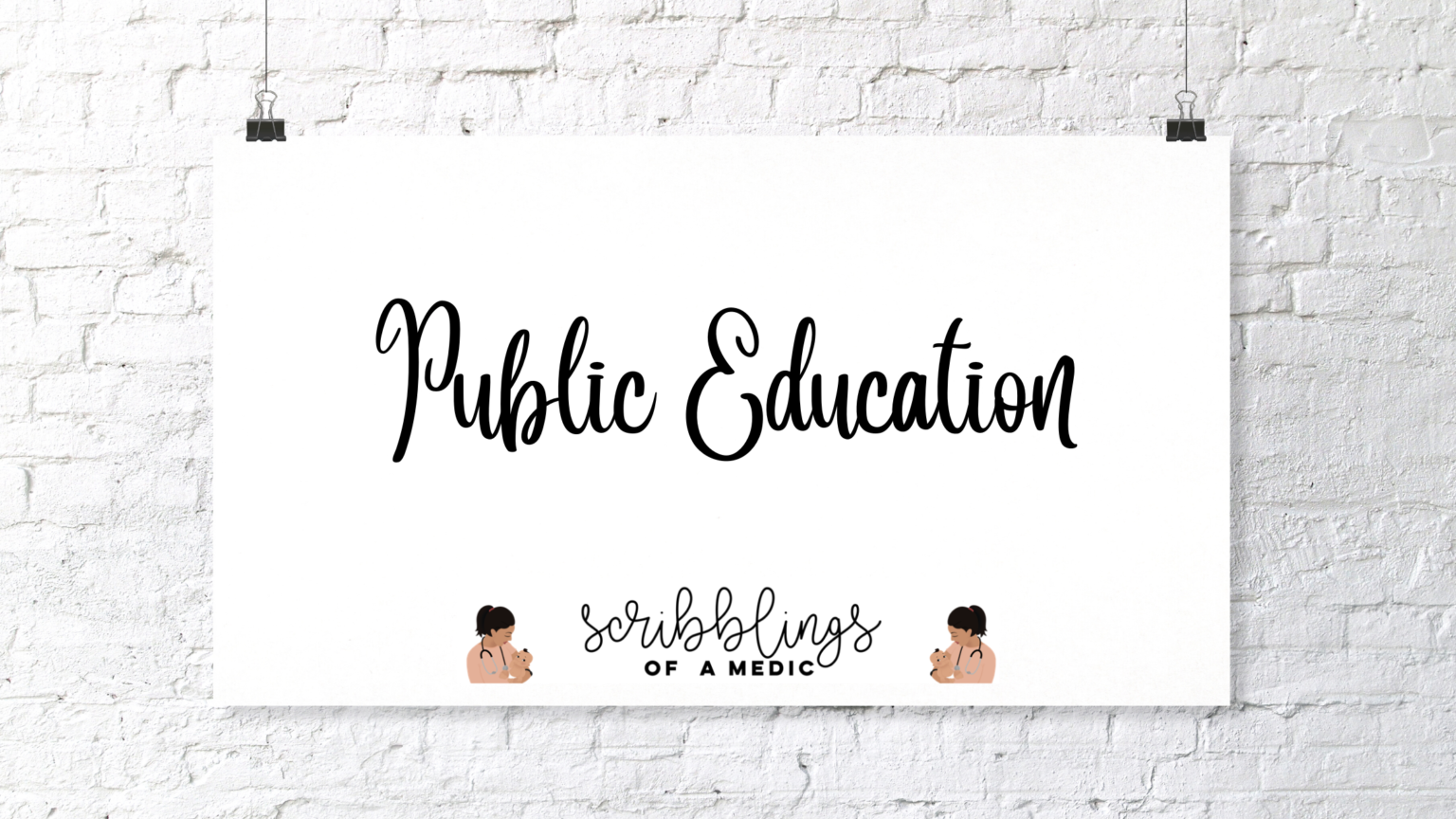As a requirement for studying abroad, it was essential that I sit for an english proficiency examination. There are many to choose from including the IELTs and TOEFL. In order to enter medical school I sat for the IELTS – the International English Language Testing System. It is not as scary as it sounds if you have had most of your education in the english language, but it can be tricky even for the brightest. The examination in Sri Lanka is conducted by the British Council Sri Lanka atleast twice a month in many locations islandwide (click on the link for more information).
How do you register for the exam?
Using the link above you can register for the examination and pay for it online. It’s pretty straight forward, just ensure you have your passport with you. The exam currently (as of september 2018) costs approximately Rs. 24,100. There are two types of IELTs exams – General and Academic. The General exam is often done by those who require it for migration or employment purposes whilst the Academic exam is done by those requiring it for studies.
What does the exam consist of?
The academic and general exam consists of 4 components: reading, writing, listening and speaking. Each component is scored out of a band of 9. I have only ever done the academic exam (in 2007 before my biomedical sciences degree, 2010 before my medical degree and 2018 for my GMC registration). The reading, writing and listening components all happen at one setting – normally at the BMICH. The speaking component happens at the British Council Test Venue on a different date (or you can email them earlier and ask if you can have it on the same date.
Once you get to the venue where the paper is being held remember to get there early – you need to go through metal detectors and stand in a queue to get registered. You can’t take much inside the test hall except for a see-through pencil case with the essential stationary and a see-through water bottle. They’re pretty strict on this so read the instructions they send to you by email early and don’t forget your ID!
At the speaking venue you just basically sit until your number is called and then you are sent to a room with an examiner who will question you about different topics.
Exam content
I have only revised and sat for the Academic version of the IELTS examination and so I will describe this version of the exam below. The General IELTS examination is an easier examination to sit for so if you can get through the academic version, you’ll definitely ace the general exam. You can use either pen or pencil to answer the questions (I used pencil because erasing mistakes is always a benefit!).
Listening
This is the first part of the examination which is a 30 minutes and tests how well you understand spoken english. You put on headphones and listen to a conversation or a lecture for a couple of minutes. Then you can answer the questions on the paper. There will be a number of different accents you will hear – namely British and Australian. There are 4 topics for the listening exam and you have time allocated to answer the questions. There are different question types to be answered in the paper and so this requires correct spelling and legible handwriting. The best way to prepare for this if you’re not familiar with spoken english is to listen to english being spoken well – via the TV or radio. Once you receive the revision book from the British Council after you have registered they have a CD which has a number of conversations for you to listen to with revision questions attached. This is the easiest part of the examination to score so listen carefully!
Some of the topics during my most recent IELTs listening examination was:
- viewing a house
- handing in assignment
- insects as food
Reading
For this part of the examination you have 1 hour to read and answer 3 different sections (topics). Beware that the reading passages are super long! They also are a bit more complicated to understand so you might need to quickly read 2-3 times. The sections get progressively more complicated so make sure you practice by reading through enough passages. There are many question types, but the true/false/not given section is the trickiest. Remember to re-read the passage in question and answer the question exactly according to how the passage mentions it, no matter what you think is the true/false answer should be.
Some of the topics during my most recent IELTs reading examination was:
- literacy rate in rural Australia
- sense of smell studies
- parrot experiment
Writing
You are given an hour for this part of the examination and there are two topics to answer. The ideal time for the tasks is 20 minutes for task 1 (150 words) and 40 minutes for task 2 (250 words). There are no options on what topic you can answer – you’re given 2 tasks and you have to answer them both. Task 1 is normally a graph or a diagram which you must describe whilst task 2 is more of an essay. For this section you have to make sure that your grammar is on point and your handwriting is legible. You also need to organise your content in a way that it flows from one section to the other and sounds logical. Stick to the word limit and don’t write in all capitals or in point form.
Some of the topics during my most recent IELTs writing examination was:
- A bar graph on the percentage of boys and girls in 2008 in primary and secondary school (developed, underdeveloped and developing countries with world average)
- Essay on “Plastic shopping bags is the main contributor to increase waste accumulation and the should be banned. Agree or disagree?”
Speaking
This for me is the easiest part of the examination, but you must have the skill of babbling using correct vocabulary, fluency, pronunciation and grammar. The speaking test is divided into 3 parts, each lasting a couple of minutes. You may think thats a very short amount of time, but boy is it hard to keep babbling on a narrow topic! The 1st part is easy because the examiner asks questions about yourself, but part 2 and 3 are a bit more abstract where you need to talk about general knowledge. The exam is recorded and the examiner will guide you through it. The examiners are very clear, but if you don’t understand a question you can ask them to repeat it.
Some of the topics during my most recent IELTs speaking examination was:
- Part 1 – what do you do? How important is working with colleagues? Physical activity? Importance? How much do you do? Do children today get enough?
- Part 2 – last time a person took a good photo of you.
- Part 3 – photography – amateur vs news photography.
In general, the IELTs exam is not as scary as it seems, but it does require some practice before hand. As mentioned before, it is scored on a band of 9 and whatever is making you do this exam – be it university admission requirements or for job migration – the institute asking for the IELTs exam to be done will give you a minimum result that is required.
The British Council Sri Lanka sends a free IELTS prep book after you have registered and this book is really useful to give you a good insight into what the exam format is like and what kind of questions to expect. The British Council also conducts credible IELTS workshops and courses which may give you an extra boost if you feel you need it. If you need more material, there are plenty of websites online that can help. I occasionally teach some of the nurses who are hoping to sit for the IELTS examination spoken english so attached below are my lesson plans. The diagrams have been taken off the internet (I have no ownership over them), but feel free to use the topics and let me know if you need any advice!







